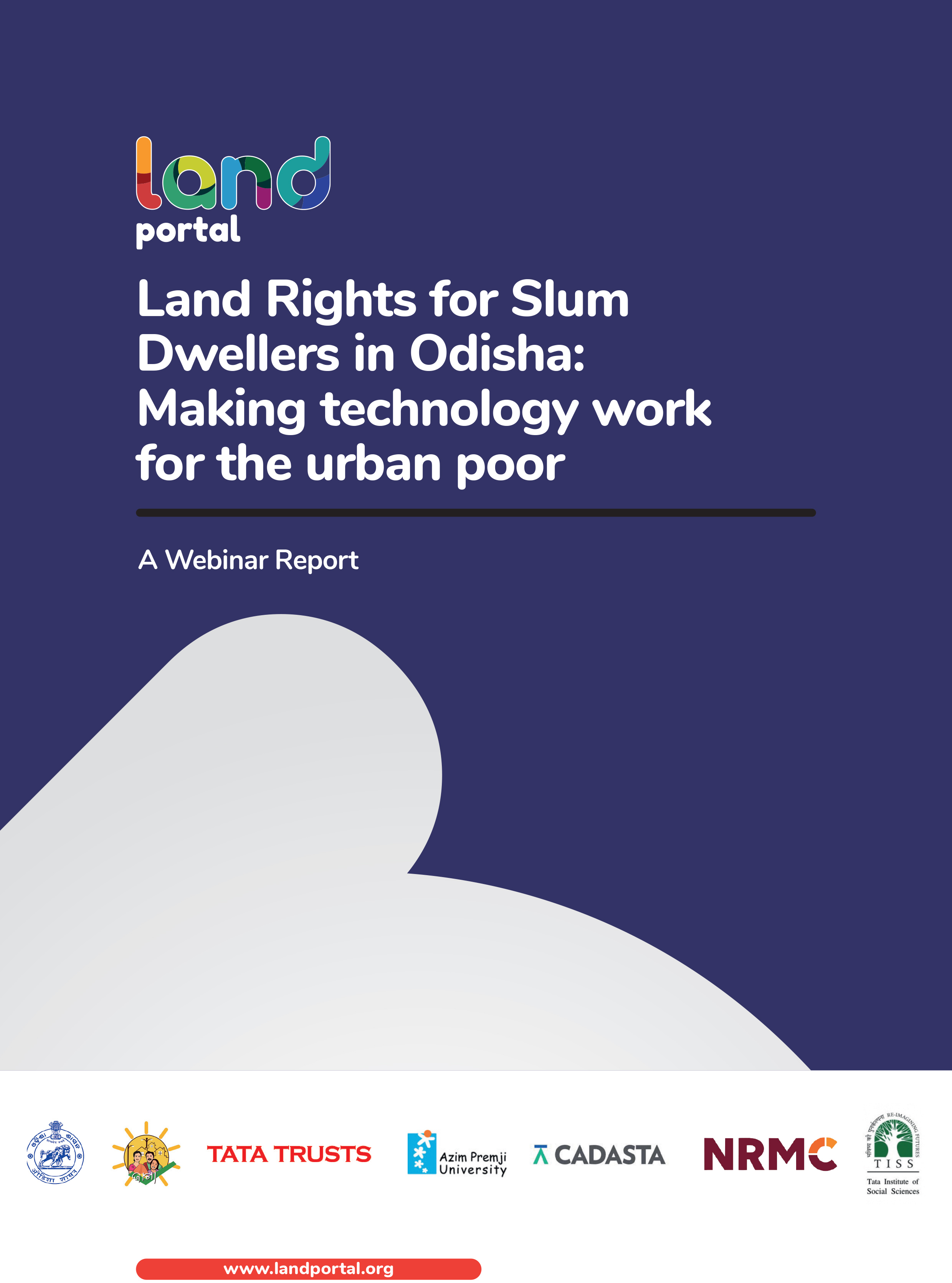Focal point
Location
NRMC is a technical and managerial advisory firm in the development sector that provides evidence-based solutions for sustainable, equitable and inclusive development.
Established in 2004, NRMC is engaged in creating impactful solutions that make a difference to the society. We achieve results at scale by catalyzing partnership with clients and communities. We believe in ethical business, nurturing talent to be courageous to push the limits of knowledge and discovering new ways of doing things.
NRMC experience, high quality skills, breadth of sectors, services make us preferred partners for public and private sector clients and partners in creating sustainable and scalable social impact.
We have a demonstrated in-depth understanding of sectors across project design and solution implementation. NRMC service offering incorporates all aspects of project and program management, development sector advisory, monitoring & evaluation and documentation. Focused on rural and urban poverty, Team NRMC is a professional service provider. Our experience on planning, advisory, technical and management support encompasses the social, institutional and gender dimensions of development. We work with a range of clients which include Government, bi-lateral and multi-lateral agencies, international NGOs, corporates and corporate foundations.
We constantly strive to understand community needs and aspirations, ensuring that we deliver contextual and impactful solutions on behalf of our clients and partners. With offices across six locations, we are able to provide effective and efficient solutions to clients and communities.
Members:
Resources
Displaying 6 - 10 of 208Land Rights for Slum Dwellers in Odisha: Making technology work for the urban poor
The webinar Land Rights for Slum Dwellers in the East Indian State Odisha: Making technology work for the urban poor took place on 14 February, 2018.
The webinar discussed anecdotes of the land rights policy in the state, application of innovative technology, processes and partnerships in the project execution and best practices followed in gaining rights for slum dwellers.
This report provides a brief summary of the webinar dialogue and the main points that emerged.
Women Inheriting Land: Rights and Realities
The webinar on Women Inheriting Land: Rights and Realities took place on 22 February, 2019.
The objective of this webinar was to discuss the significance of owning land through inheritance, the challenges that prevent women from inheriting land, the opportunities offered through the best practices and the possible actions that can be taken at different levels.
This report provides a summary of the discussion.
Broad Areas of discussion:
Recognizing and Supporting Territories and Areas Conserved by Indigenous and Local Communities
This publication is based on a range of past studies on ICCAs conducted in several regions of the world in the last two decades, and, most recently, on 19 country level case studies. The latter were commissioned as part of a project on ICCA Recognition and Support, undertaken by the ICCA Consortium, coordinated by Kalpavriksh.
It also incorporates some key findings of a parallel project on ICCA Legislation, also undertaken by the ICCA Consortium, and coordinated by Natural Justice.
The publication intends to:
Right to Homestead land in Rural Bihar
Access to homestead land, and housing in turn, are basic requirements for human survival. Every citizen needs to have a safe, secure and healthy place to live, work and lead a life of dignity. A house provides not only physical protection against the vagaries of nature, but also space and privacy to an individual and his family for physical, emotional and intellectual growth.
Lokniti: “Land as Human Rights: An Imperative towards the Realization of the Sustainable Development Goals”
This publication is the second part to the highlights of the regional workshop on “Land Rights as Human Rights: An Imperative towards the Realization of the Sustainable Development Goals” held on 24-25 November in Phnom Penh, Cambodia.


